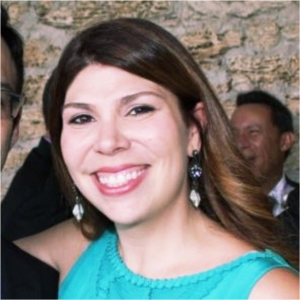Title : Efficacy and safety of ser-109, an investigational microbiome therapeutic for the treatment of recurrent clostridioides difficile infection (RCDI): A phase 3 double-blind, randomized trial (ecospor iii)
Abstract:
Background: Antibiotics alone are often insufficient to treat C. difficile infection (CDI) because they have no effect on C. difficile spores that germinate within a disrupted microbiome. SER-109, an investigational, oral microbiome therapeutic comprised of purified Firmicutes spores, was designed to reduce rCDI through microbiome repair. Here, we report efficacy and safety data through week 24 from ECOSPOR III, a double-blind, placebo-controlled trial of SER-109.
Methods: Adults with rCDI (≥3 episodes in 12 months) were screened at 56 US/Canadian sites. After completing standard-of-care antibiotics, subjects were randomized 1:1 to SER-109 (4 oral capsules x 3 days) or placebo. The primary endpoint was rCDI (recurrent toxin+ diarrhea requiring treatment) through week 8; secondary endpoints included efficacy and safety through 24 weeks.
Results: 281 subjects were screened and 182 randomized (59.9% female; mean age 65.5 years). SER-109 was superior to placebo in reducing rCDI at week 8 (12.4% vs 39.8%, respectively); relative risk (RR), 0.32 [95% CI, 0.18-0.58; P<0.001 for RR<1.0; P<0.001 for RR<0.833], consistent with a relative risk reduction of 68%. Significantly lower rates of rCDI in SER-109-treated subjects compared to placebo were observed as early as 4 weeks posttreatment and were maintained through 24 weeks (absolute risk reduction of 22.1%, 27.4%, 28.3%, and 26.0% at weeks 4, 8, 12, and 24, respectively). SER?109 was well-tolerated with an observed favorable safety profile. Mild to moderate gastrointestinal symptoms were the most common treatment-emergent adverse events (TEAEs). No serious TEAEs or deaths were deemed related to treatment.
Conclusions: SER-109 was superior to placebo in reducing rCDI at week 8, and was well-tolerated. The favorable impact of SER-109 was observed as early as week 4 and sustained through 24 weeks, highlighting the clinical benefit of early microbiome repair in this two-pronged therapeutic approach.
Audience Take away:
- The audience will learn about the potential clinical benefit of an investigational oral microbiome therapeutic, SER-109, for patients with recurrent Clostridioides difficile infection.




